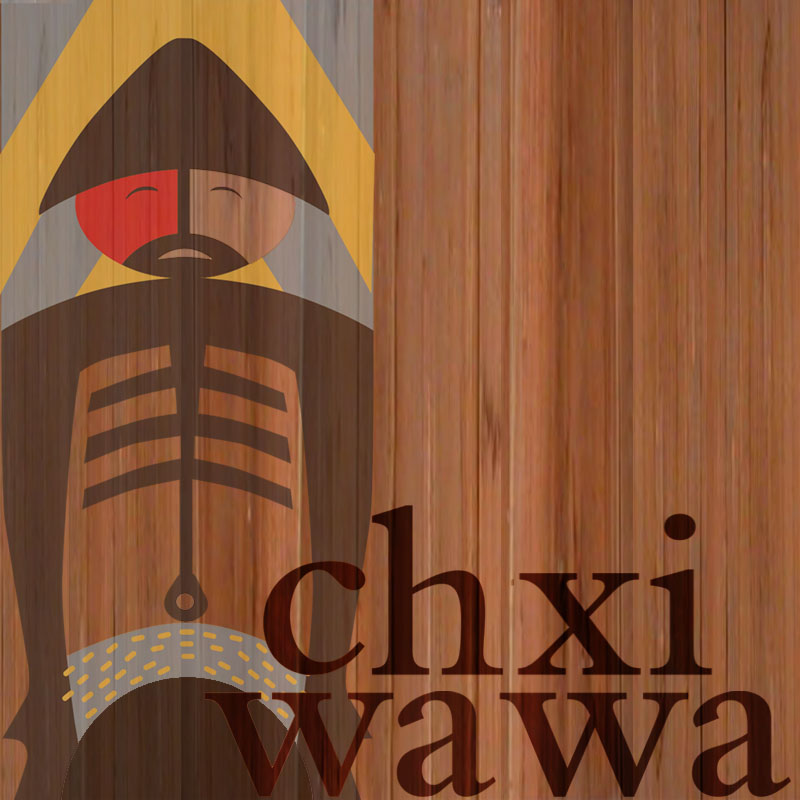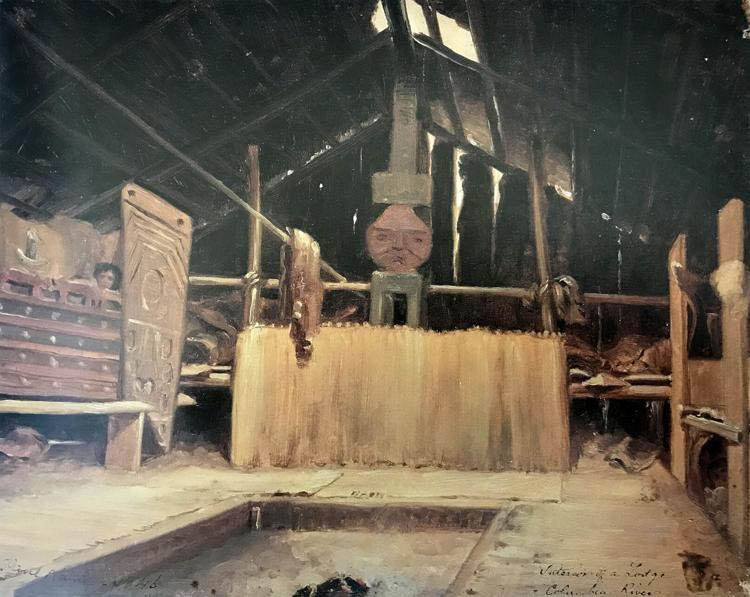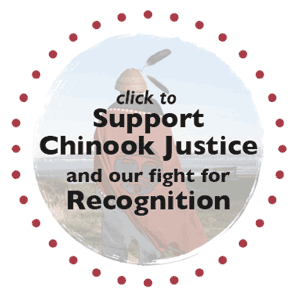Chinook Observer | August 14, 2023 | art by Paul Kane
Reading the surviving legends of the Chinook people is to ease through a hidden door into an alternate universe that is at once utterly familiar and yet deliciously exotic, like stumbling across the border into an undiscovered country peopled with talking coyotes, magical bears and ancient clans.
It is a tragedy that we live here at the heart of one of the world’s great civilizations and yet know so little of it. Granted, the Chinook did not litter these shores and valleys with great marble ruins like Imperial Rome. Their history is easy to overlook, their grand cedar lodges long swallowed up by the relentless storms of the North Pacific. But the Chinook people abide as much as modern Romans do, quietly living among the echoes of bygone times.
There were no happy endings for the Americans who lived on this continent before 1492. The world of the Chinook collapsed in a horrific cataclysm of alien plagues and invading settlers. The vast majority of the tribe — grandpas and grandmas, girls and boys, warriors and traders and slaves — were dead long before a federal treaty was halfheartedly offered in 1851. There was barely anyone even left to mourn the passing of some families. That treaty died stillborn.
But survivors there were, and survivors there are.
After decades of delays, false starts, government duplicity and Byzantine maneuvering, the slow clockwork gears of righteousness have turned back around to the mouth of the Columbia River. The persistent and courageous descendants of the old Chinooks are on the cusp of what should have been their great-great-grandparents’ by right — federal recognition that they exist as a people and a tribe.
Now more than ever, it is time for America to recognize the continuity of the Chinook Tribe. Deeply and successfully integrated into the complex racial matrix of the Pacific Northwest, the Chinook are us — our friends, our neighbors, our employers, our workers, our past and our future. You know some Chinook people, even if you are unaware of their native heritage.Federal recognition will bring a host of benefits to everyone who lives in the historic homelands of the interlocking bands and clans of the Chinook, a region that encompasses much of the land surrounding the Columbia estuary and Willapa Bay. Federal help for tribal members will help us all, bringing more health care and other federal resources to a region that can use assistance.








